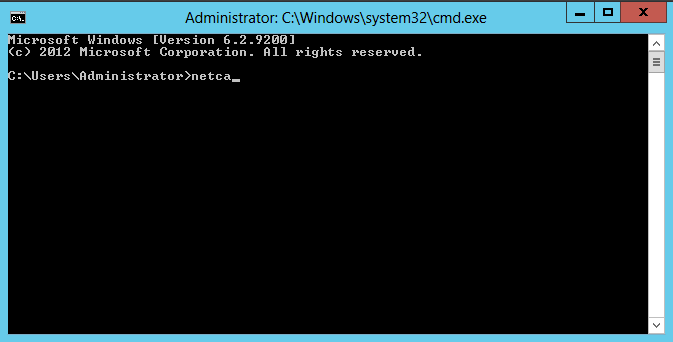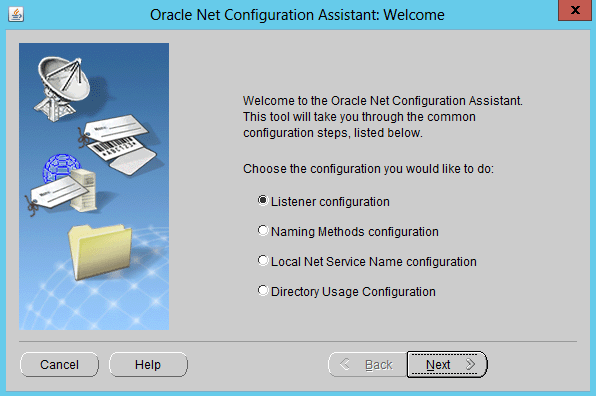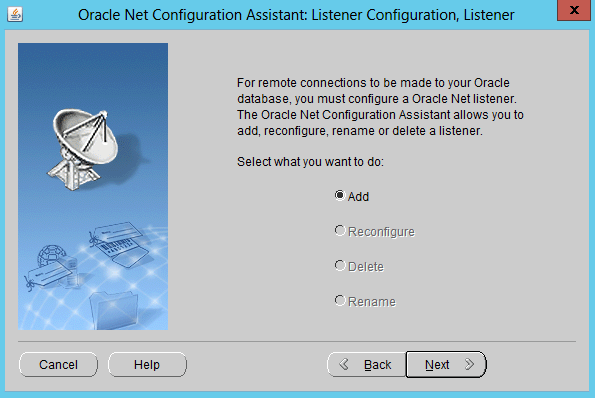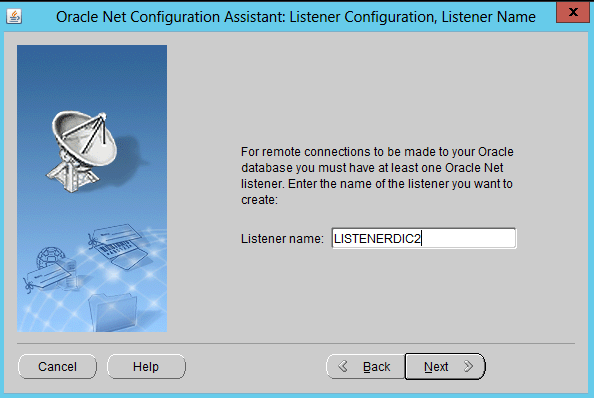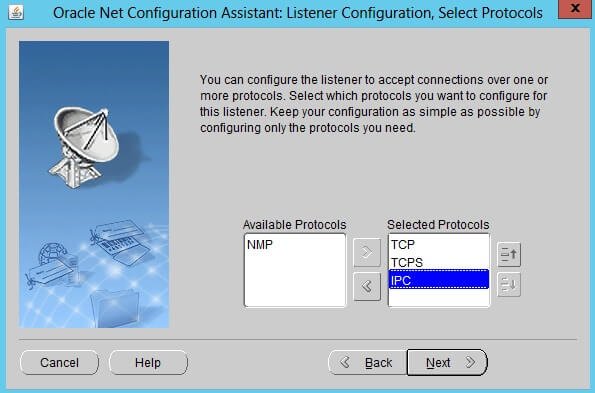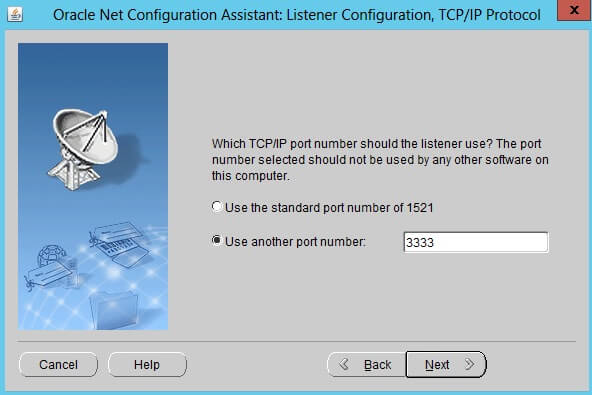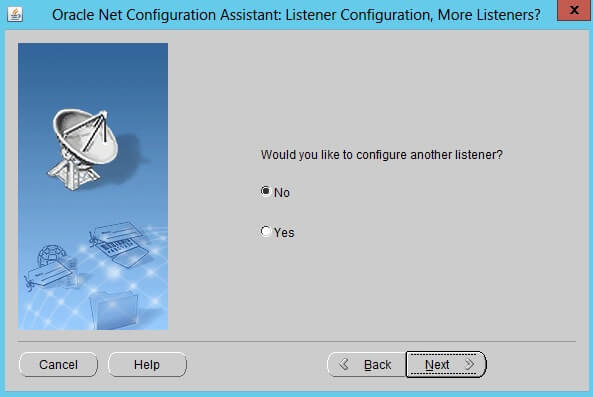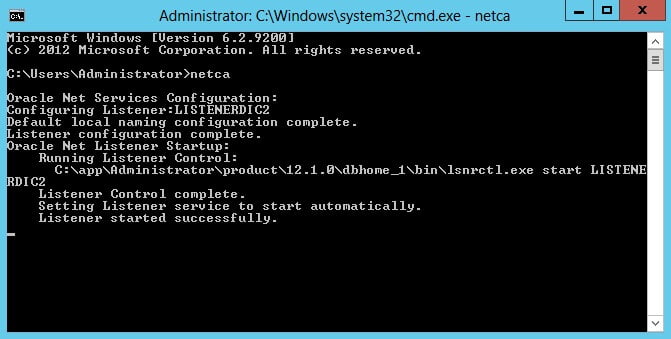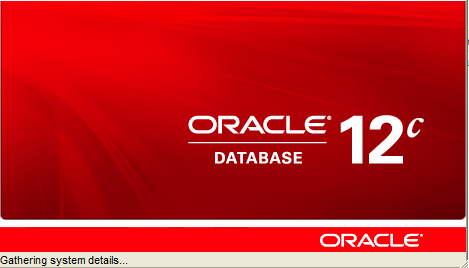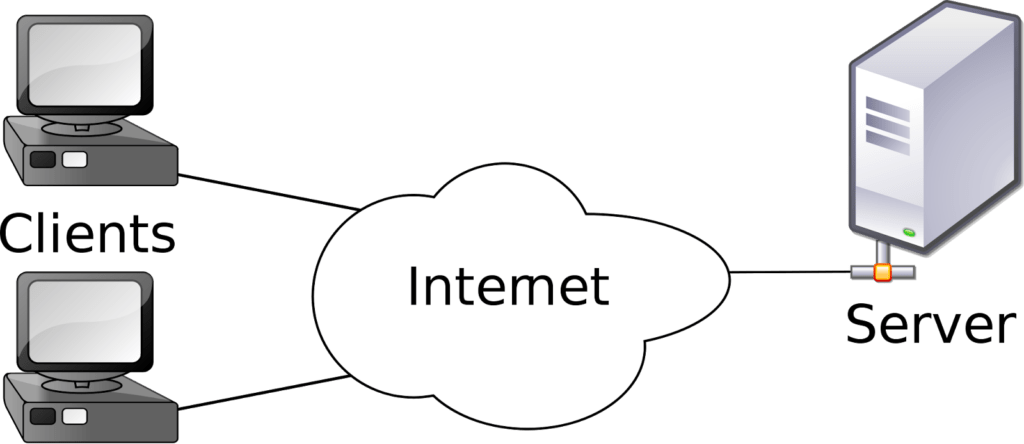In this tutorial, we will learn how to configure a Listener in Oracle Database (12c, 18c and 19c editions) step by step.
Note: the same procedure works for the latest versions of Oracle Database (12c, 18c and 19c).
Oracle Database Listener configuration
Many times, users and applications connect to the database from a machine outside of the database server. These users or applications request a connection be made to the database. On the Oracle database server, the listener is a process that listens for client connection requests. It receives incoming client connection requests and manages the traffic of these requests to the database server. Once the listener detects a connection request, it sets up any needed processes on the server to get the connection up and running. Once the user or application is connected to the database, the listener hangs around listening for new connection request.
You can easily create and manage a lister with the following tools :
- Oracle Network Configuration Assistant (NetCA)
- Oracle Network Manager
In this tutorial, we will use NetCA.
Creating a listener using NetCA
The Oracle Net Configuration Assistant is a useful tool which allows to configure listeners, naming methods, local network services and directory usage.
To configure an Oracle Database listener, we can follow the steps below :
- First step : You need to launch NetCA from the command line of the Windows start menu.
- Then choose “Listener configuration”
- The configuration wizard allows you to add a new listener, reconfigure, delete or rename an existing listener. Choose “Add” and click “Next”.
- An Oracle instance can be served using multiple listeners and each listener has its unique identifier. Provide a speaking name which makes maintenance operations easy.
- Next, choose connection protocols : The IPC, TCP/IP, and TCP/IP with Secure Sockets Layer protocol supports each have an address specification that is used in Oracle Net Services configuration files. Add the protocols to use :
- TCP/IP is the standard communication protocol used for client/server communication over a network. The TCP/IP protocol support enables communication between client programs and Oracle Database, whether they are installed on the same or different systems.
- The TCP/IP with Secure Sockets Layer protocol support enables an Oracle application on a client to communicate with remote Oracle Database instances through TCP/IP and Secure Sockets Layer. To use TCP/IP with Secure Sockets Layer, you must install Oracle Advanced Security.
- The IPC protocol support can be used only when the client program and Oracle Database are installed on the same system. This protocol support requires a listener.
- Provide a port number to use for TCP

- Repeat the same operation for TCPS and IPC and finish the listener configuration. Choose “No” and click “Next”.

- Finally, check if there are any errors after the listener configuration.

Download “How to configure an Oracle Database Listener” as a PDF
